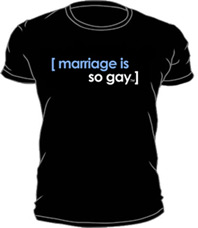Back in 2002, Amit Paley wrote a lengthy article about a previously secret witch hunt carried out to rid Harvard of homosexual students in 1920. A secret 5-man disciplinary committee interviewed dozens of people and ended up in the expelling of 8 students and the forced resignation of an assistant professor.
The trial was over. The purge had already begun a week earlier. On June 4, Greenough, at the direction of President Lowell, advised Roberts to withdraw from Harvard at once. Over the next two weeks, The Court handed down and recorded a verdict of “guilty” for a total of 14 men: seven college students; Cummings, the Dental School student; Clark, the Assistant in Philosophy; Saxton, the alumnus; and four men not connected with Harvard.
The college students were not just asked to leave campus, they were told to get out of Cambridge—immediately.
Cummings — the dental student — committed suicide shortly after his expulsion, and several of the student had their future academic careers ruined when other colleges inquired why they had withdrawn and were told of the “immoral” dealings the young men had been involved with.
Unsurprisingly, the same Harvard president who authorized the special disciplinary committee — A. Lawrence Lowell — would in 1922 propose a quota to limit Jewish admissions to Harvard. Lowell argued that capping Jewish admissions at 15 percent of the student body was the best way to fight anti-Semitism among the student body. The quota was never instituted explicitly, but instead enacted with the euphemism of “geographic diversity” — admitting more students from rural communities regardless of merit, thereby reducing the number of urban Jews who could gain entrance.
